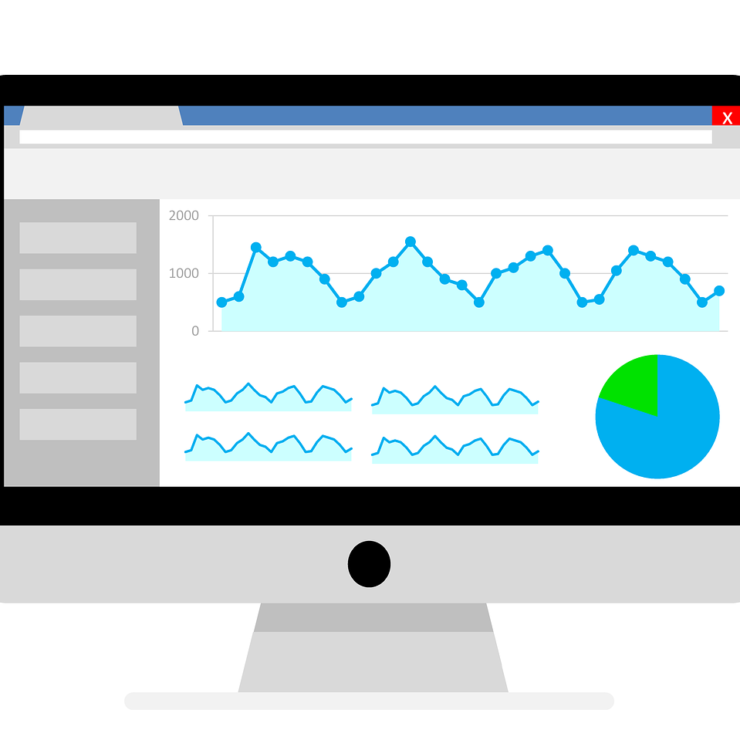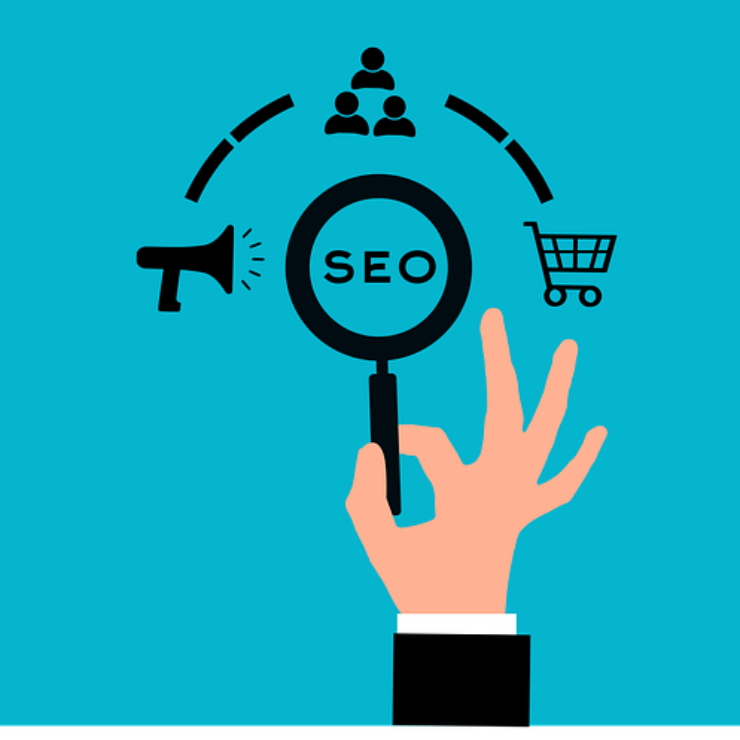On-page SEO is a process of optimizing your site’s web pages to improve user experience and ranking on search engines. It means working on the elements of your website so that it ranks at the top.
On the other hand, off-page SEO works on the elements outside the site. Off-page SEO may include working on things like social media mentions and backlinks.
In this article, you learn more about on-page SEO and how you can do it so that you improve the visibility of your website online.
Why should you do on-page SEO?
When you work on your website’s on-page elements, you can drive more traffic to your website. It means your website will be more visible online and appear on organic searches. When you have more traffic on your site, you also have more conversions, which translate to more sales.
Optimizing your website for on-page SEO may take your time. As you know, SEO is never ending; you have to put in more and more effort to optimize your site. The results may as well take time, but once the on-page strategy you choose picks ground, it can improve your rankings on search engines and increase your sales.
In most cases, search engines like Google tend to focus more on user experience and relevance. The only signal that your site is relevant to a user is when it offers content with a keyword similar to what users are searching.
However, this doesn’t mean you should stuff your content with many keywords. Remember, Google will still focus on the other elements like Meta description, title tags, HTML code, and others to rank your site.
What are the ranking factors for on-page SEO?
There are several on-page SEO factors that you should focus on more. You want to ensure that your website is fully optimized for these factors. By taking your time to work on these factors, you improve your rankings in SERPS, making your website an authority in the industry and unique.
When working on on-page SEO, you are likely to focus on elements such as:
- HTML code
- Meta descriptions
- Images
- Internal links
- External links
- Content
- Mobile-friendliness
- Title Tags
- User Experience
- URL optimization
How to optimize for on-page SEO
On-page SEO mainly focuses on the elements within your control. You can adjust these factors on your website and improve how your website ranks on searches. Here are some ways to optimize your website content.
1 – Use keywords in the first two paragraphs
Keywords are the essential things on your website content. When creating content, you want to ensure the primary keyword appears within the first two paragraphs.
When you have the keyword in the first paragraph, you make it clear to search engines what your website is all about from the beginning. Search engines have algorithms that search for relevant keywords in your content when offering search results to users.
2 – Use title tags
Using title tags like H1 and H2 tag is one way of signaling to search engines that your site content has a hierarchy. When you use title tags, Google algorithms can quickly tell that your content is well organized.
Using headers and subheadings on your content hints to search engines about the kind of content you have covered, making it easy to register your content and present it to searchers.
3 – Optimize URLs
Another way to optimize your content is to work on the URLs. You should ensure the primary keyword appears on the URL. This way, you make it easier for search engines to know the URL.
It is more evident to the user what the page they are loading will be talking about. Therefore, you should ensure the URL is straightforward and specific. Keep the URL as short as possible with no stop words.
4 – Write optimized and unique content
When creating content to publish on your web pages, you want to make it unique and original. Ensure the content does not have issues with grammar and typos. Only offer what the search engine is looking for based on the keyword you cover.
When you have valuable, relevant, and fully optimized content, most search engines will look forward to ranking your website on search results.
Final Thoughts
You can do a lot to optimize your site for on-page SEO. You can start with the simple tactics we have mentioned here. Reach out to an expert in SEO to help with the most complex on-page SEO and watch your website grow to become an authority in the industry.





 Get Sala Now
Get Sala Now